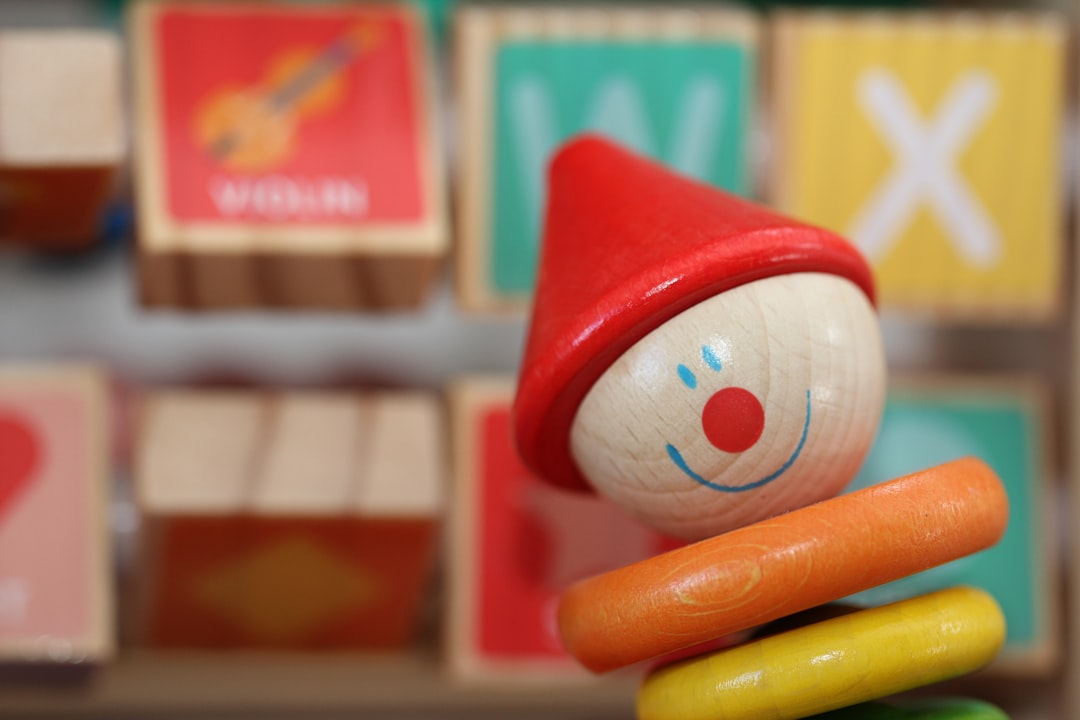The early years of a child’s life are not just about adorable smiles and first steps. They are the foundation upon which cognitive, emotional, and social skills develop. Early childhood development (ECD) is a fascinating journey of growth that stands as the cornerstone of future success in an individual’s life. This article delves into the vital components of ECD and explores strategies that caregivers and educators can employ to nurture a thriving young generation.
The Science of Early Brain Development
In the first few years of life, a child’s brain forms more than one million neural connections each second, a pace unmatched by any other time in life. This rapid period of development lays the groundwork for learning, behavior, and health. Factors such as positive stimulation, love, and nutrition can significantly enhance brain development, while negative factors like neglect and malnutrition can impede it. Understanding the science behind brain growth helps caregivers prioritize activities and environments that promote cognitive enhancements.
Emotional and Social Milestones
Emotional and social development are deeply interconnected in early childhood. From birth, children learn to interpret emotional cues and respond to the social environment around them. Essential milestones include the development of trust, empathy, self-awareness, and regulation of emotions. These milestones are nurtured through consistent and supportive interactions with adults and peers. Activities that promote emotional and social learning include cooperative play, family bonding time, and the encouragement of verbal expression of thoughts and feelings.
The Role of Play in Learning
Play is not merely a leisure activity; it is a critical aspect of learning. Through play, children develop language skills, emotions, creativity, and social capabilities. Structured play, such as games with rules, and unstructured play, such as free playtime, both serve important purposes. By integrating play into daily routines, caregivers provide children with the opportunity to explore their world, solve problems, and build interpersonal skills in a natural and enjoyable way.
Nutrition and Physical Health
A well-balanced diet is crucial for the physical and cognitive development of young children. Nutrients such as iron, zinc, protein, and vitamins support the development of the brain and body. Physical health is further supported by regular physical activity, which not only strengthens young bodies but also improves cognitive function and emotional health. Establishing healthy eating and exercise habits early in life sets the stage for lifelong health and wellness.
The Impact of Early Education
Early childhood education programs offer more than basic learning—they also provide a structured environment where young children can develop critical thinking and social skills. These programs are especially crucial for disadvantaged children, as they can help close the achievement gap before formal schooling begins. Quality early education programs incorporate a curriculum that supports all areas of development and adapts to the individual needs of each child, preparing them not just for academic success but for overall life success.
In conclusion, early childhood development is a multifaceted phase of immense growth. By understanding and supporting the various aspects of ECD, caregivers and educators can provide children with the tools they need to thrive throughout their lives. As society continues to recognize the importance of these early years, the hope is that every child is given the opportunity to reach their full potential.






